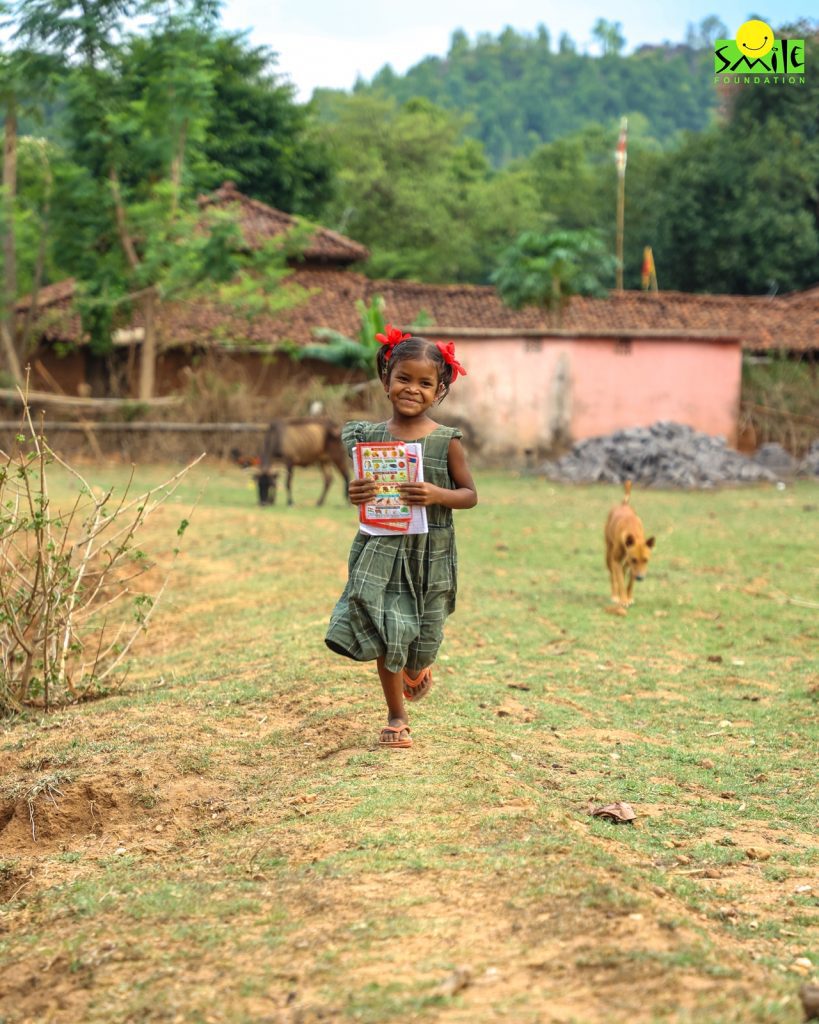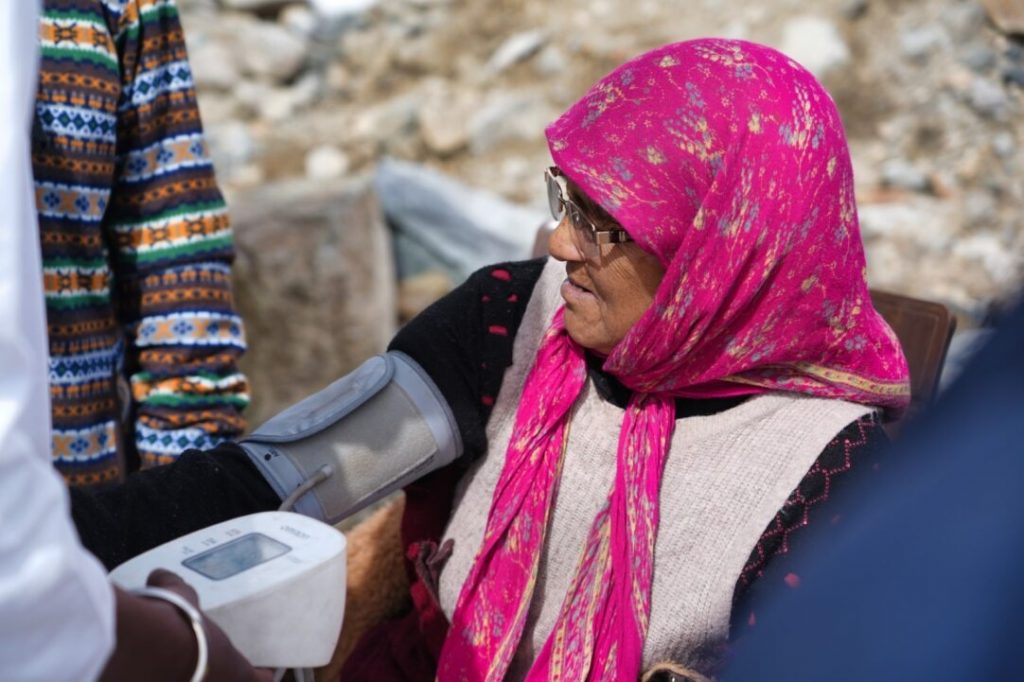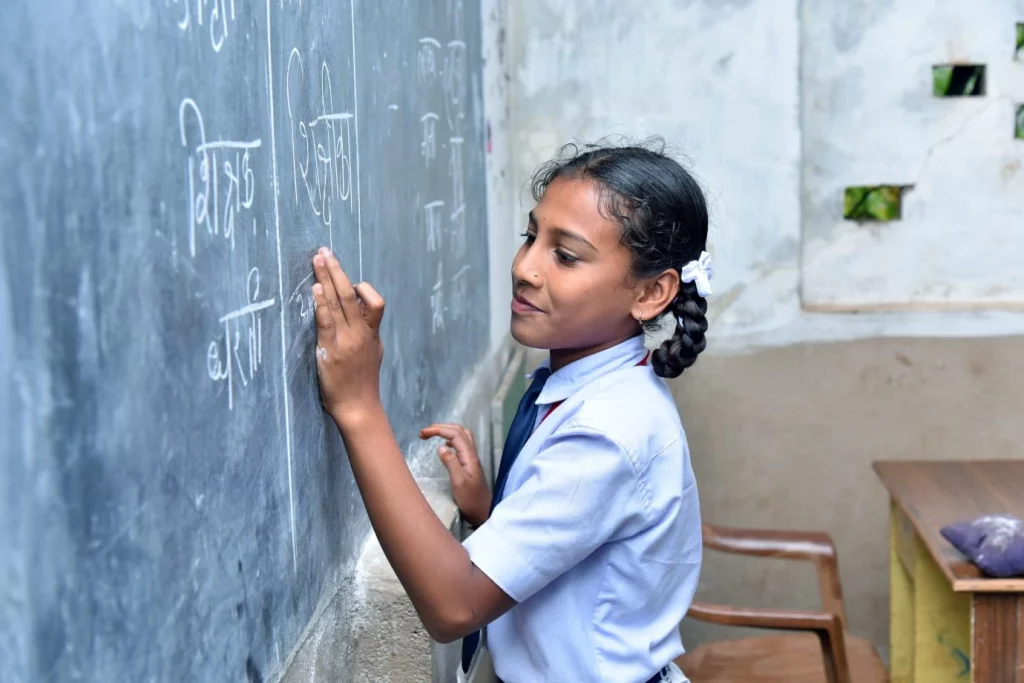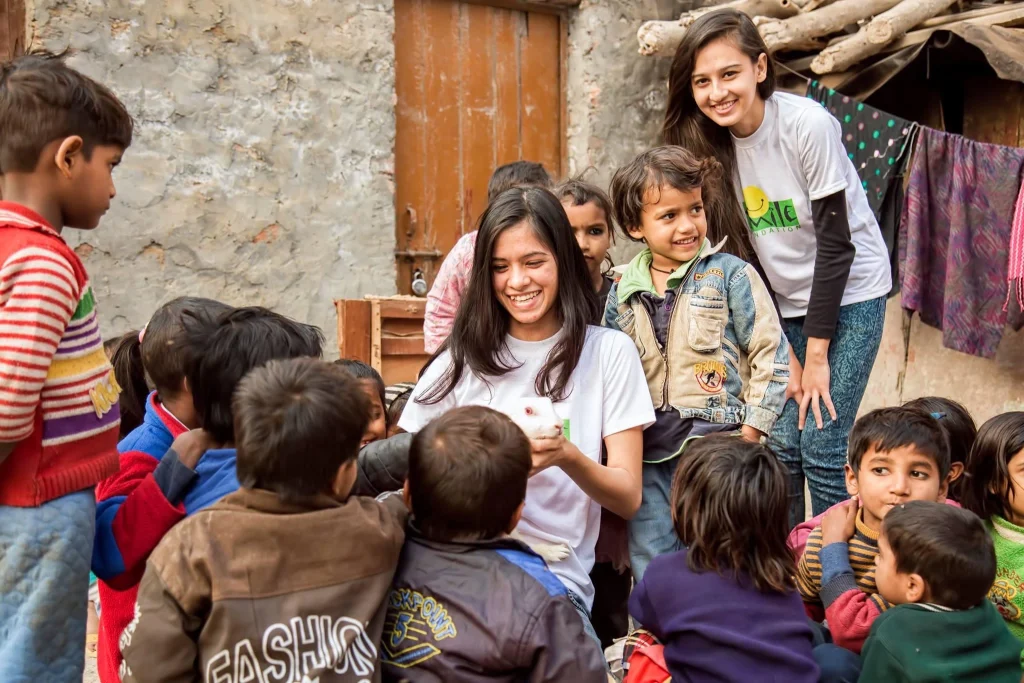Quality healthcare is crucial for community well-being, offering timely interventions and preventive care that enhance overall health outcomes. Accessible and effective healthcare reduces mortality rates, improves life expectancy and promotes economic productivity. The government of India has tailored healthcare schemes, such as the Ayushman Bharat Programme, AB-Pradhan Mantri Jan Arogya Yojana etc.
These initiatives are supported by social stakeholders by significantly contributing through donations for healthcare in India. But, with a population of more than 1.43 billion people out of which over 8 million people are still living in rural areas, it becomes imperative to discuss whether the Indian healthcare system is for everyone?
India’s Healthcare System– Overview
India’s healthcare system has globally established itself as one of the most efficient healthcare systems in the world. India ranks 66th out of 195 on the Global Health Security Index, showcasing its healthcare system’s strength.
However, India ranks 193rd in healthcare accessibility, revealing significant gaps in its inclusive healthcare system. The key challenges include inadequate primary care and limited access to specialised treatments nationwide.
Healthcare Challenges in India
- Infrastructure and Accessibility: Rural areas lack adequate healthcare facilities, with limited hospitals, clinics and medical professionals. Poor road connectivity further hampers access to healthcare services, especially during emergencies.
- Healthcare Financing: Many rural families face financial constraints, unable to afford even basic healthcare. Lack of health insurance coverage exacerbates the situation, leading to delayed or inadequate medical treatment.
- Shortage of Skilled Personnel: Rural areas suffer from a severe shortage of doctors, nurses and healthcare staff. This scarcity results in overburdened healthcare workers, affecting the quality and availability of care.
- Health Awareness and Education: Limited health literacy and awareness among rural populations contribute to preventable diseases and delayed diagnoses. Outreach programmes and community health initiatives are essential to educate and empower underserved communities.
- Quality of Care: Disparities in healthcare quality between rural and urban areas persist, affecting treatment outcomes and patient satisfaction. Improving standards and implementing effective monitoring mechanisms are crucial for equitable healthcare delivery.
- Technological Integration: Limited access to healthcare technology and telemedicine services in rural areas impedes timely diagnosis and treatment. Investing in digital health infrastructure could bridge these gaps and improve healthcare access and outcomes nationwide.
Healthcare- Community’s Responsibility
Smile Foundation is a staunch advocate of collective responsibility towards building sustainable and resilient communities. In the context of public health care in India, Smile has been working meticulously on the ground with alignment to the healthcare initiatives and infrastructure of the Indian government and corporates, so that quality healthcare reaches the doorsteps of underserved communities of India.
The aim is to ensure that no one is denied or has to compromise on their fundamental right of accessing and availing quality healthcare services because of financial constraints or lack of knowledge. This journey of Smile has always promoted collaborative support through partners who support Smile Foundation’s programmes by donating to healthcare.
Why donate to the healthcare system in India?
Be it Rs 100 or a big amount, every penny counts towards making India’s healthcare system accessible to the underserved communities of India.
Donations towards healthcare can directly and positively impact maternal and child health by funding programmes that provide prenatal care, safe deliveries, immunisations and nutrition support, thereby reducing mortality rates and ensuring healthier futures.
Contributions also combat infectious diseases like tuberculosis, malaria and HIV/AIDS through prevention efforts and treatment access. Additionally, donations help build and equip healthcare facilities with essential medical resources, improving overall infrastructure and accessibility.
By promoting health education and awareness, donors empower communities with knowledge about preventive practices and hygiene, fostering healthier lifestyles. Moreover, investing in medical research and innovation drives advancements in treatments and technologies, benefiting healthcare outcomes across the nation.
Donation not only supports vulnerable populations but also, contribute to global Sustainable Development Goals, aiming for universal health coverage and well-being.
Donations & Smile’s Healthcare Programme
Smile Foundation’s Healthcare Programme in India is meticulously crafted to empower underserved communities with comprehensive primary and specialised healthcare services. Through initiatives like the Health Cannot Wait Programme and a fleet of over 100 Smile on Wheels mobile healthcare units spanning 17 states, Smile provides essential healthcare services such as Teleconsultation facilities, precise medical testing and thorough checkups conducted by seasoned doctors and paramedics, to the marginalised communities of India.
Each year, Smile Foundation reaches out to over 1 million people, ensuring that quality healthcare reaches every corner of the nation. These extensive efforts are made possible through collaboration with dedicated donors nationwide who share a commitment, to bolstering government healthcare initiatives in India.
Our corporate partners and individual donors exemplify a true sense of community by supporting Smile’s healthcare endeavours. Together, we strive to strengthen healthcare infrastructure in both rural and urban areas, aiming to ensure that every individual, regardless of their socio-economic background, has access to high-quality healthcare. This collective effort lays the foundation for resilient and healthier communities across the country.
Therefore, if you wish to be a catalyst for change and contribute towards a healthier nation, consider starting by supporting the health of underserved children and their families. Your contribution can provide them access to healthcare facilities and empower them with knowledge about healthy lifestyles. This can instil a mindset that values health, preventing them from falling into cycles of suffering caused by neglecting their well-being.










